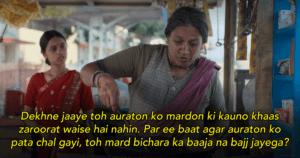Jai Bhim has emerged as one of the finest dramas of the year, that raises the issue of caste atrocities that are still prevalent in India. Based on a real-life incident, Jai Bhim is emotional, impactful, and boasts of brilliant performances by the entire star cast.
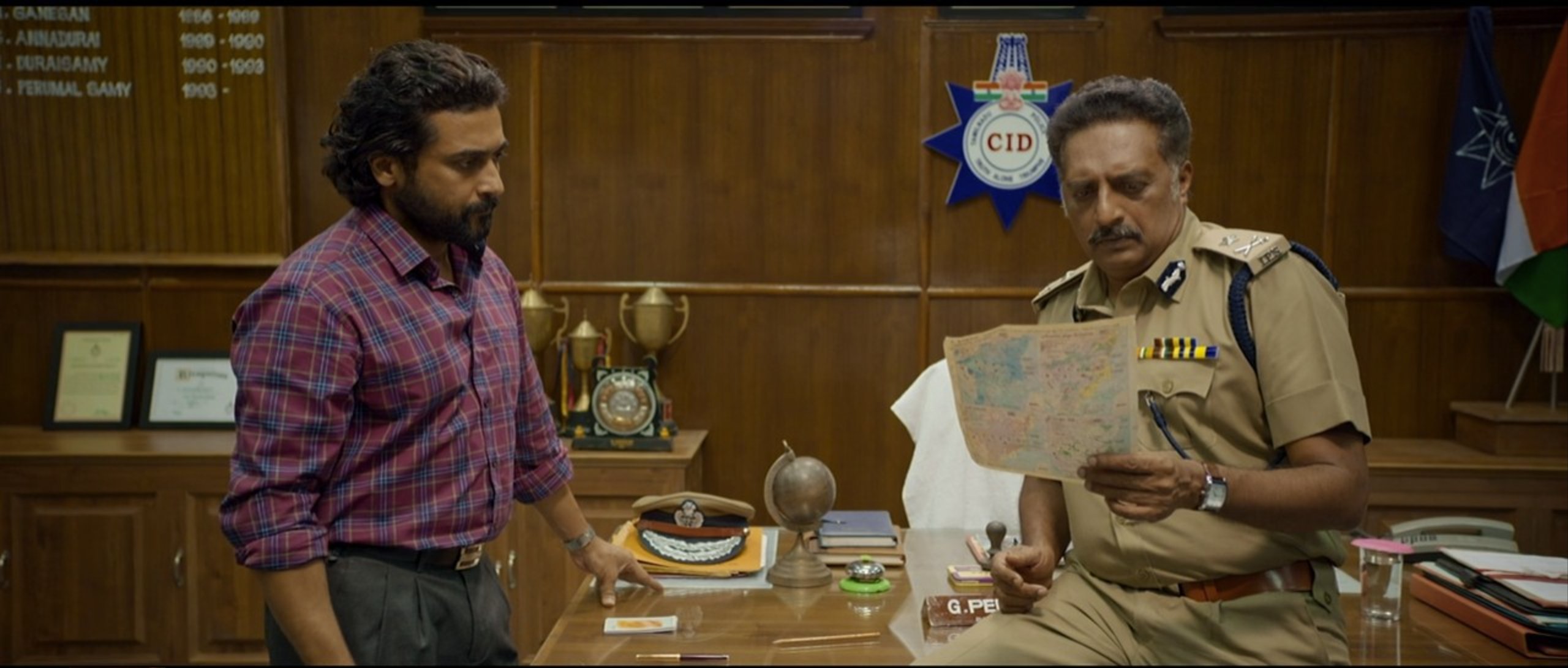
A must-watch, Jai Bhim includes multiple moments that leave you shocked to the core. However, the film not only shocks but also leaves an impact by serving moments where you see the power of law and order in place.
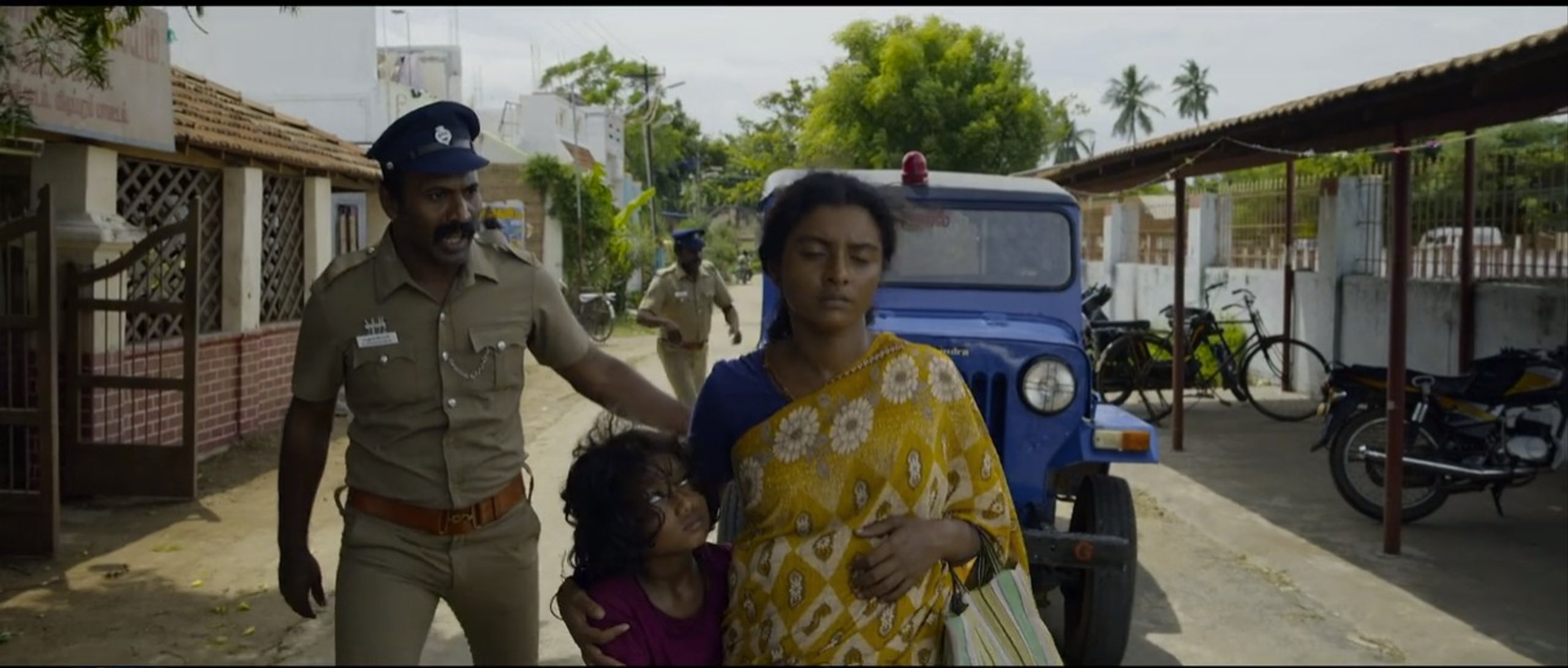
Like the time when Senghini walks away from Police help, because of how they treated her entire family, including her young child. Or when she rejects a bribe and holds on to her self-respect, because some things are truly invaluable.
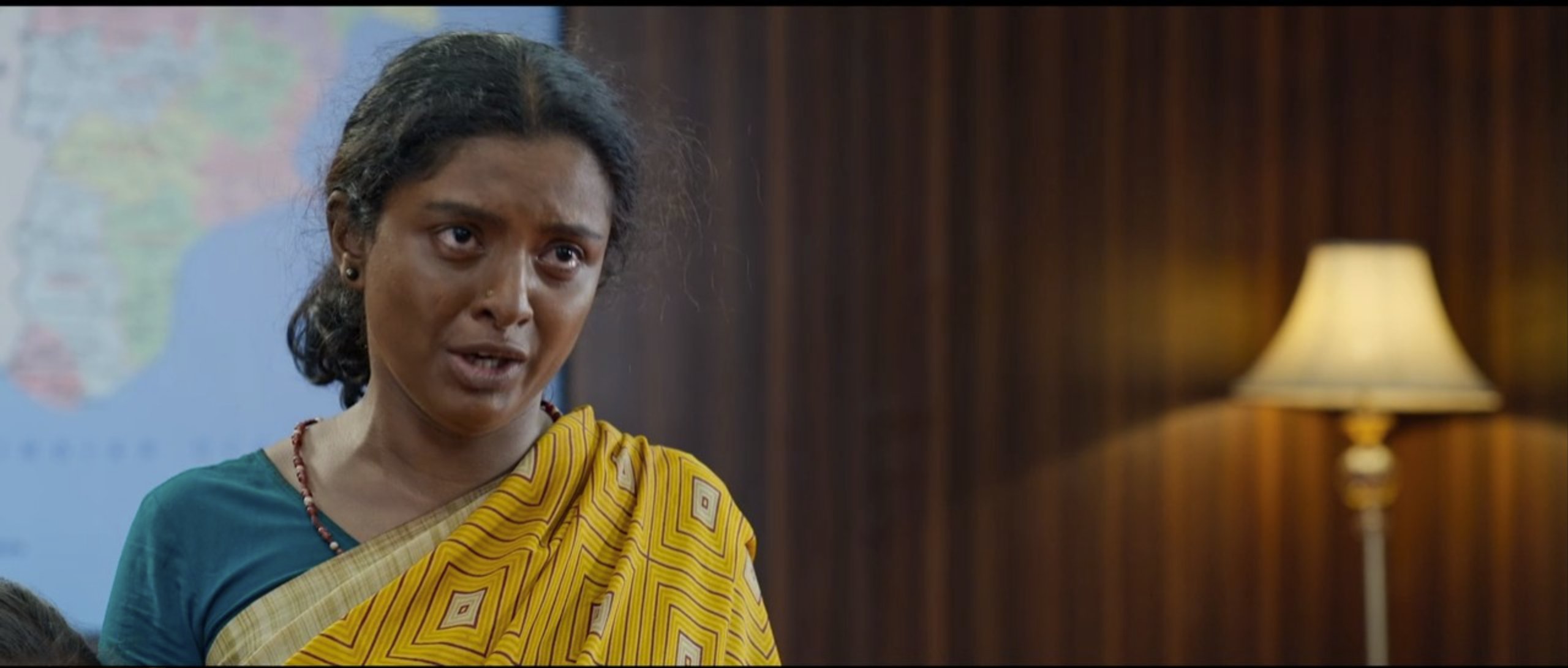
However, one of the most impactful moments from the film has to be Suriya’s powerful monologue in the end, when he delivers his closing argument for the case in court.
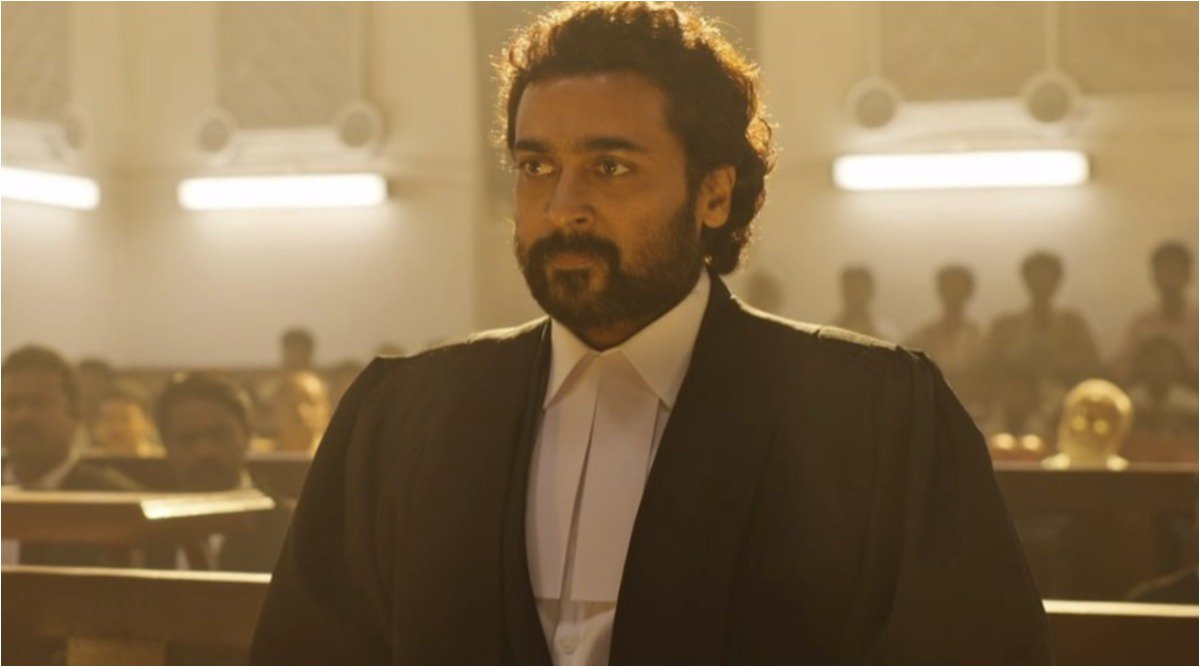
After diligently fighting alongside Senghini for justice, and furnishing witnesses and proof in a case that he had taken up only on Senghini’s words, Chandru serves his closing argument. The moment itself is especially poignant because it follows the distressing recap of Rajakannu’s last moments, as recounted by his brothers (who were held captive, and tortured, with him).
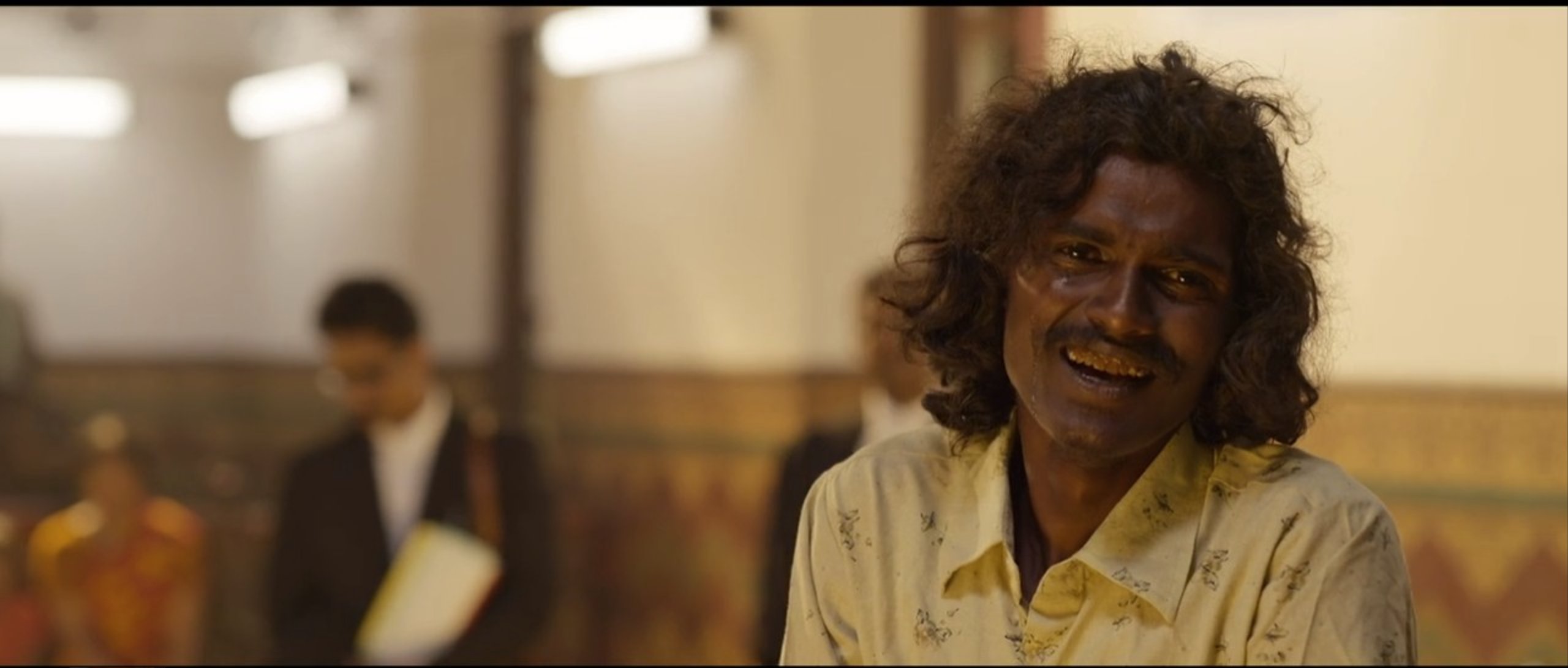
After hearing their eye-witness account, the public prosecutor moves the court to let the case be turned over to a criminal court. But Chandru’s closing argument ensures that justice is no longer delayed.
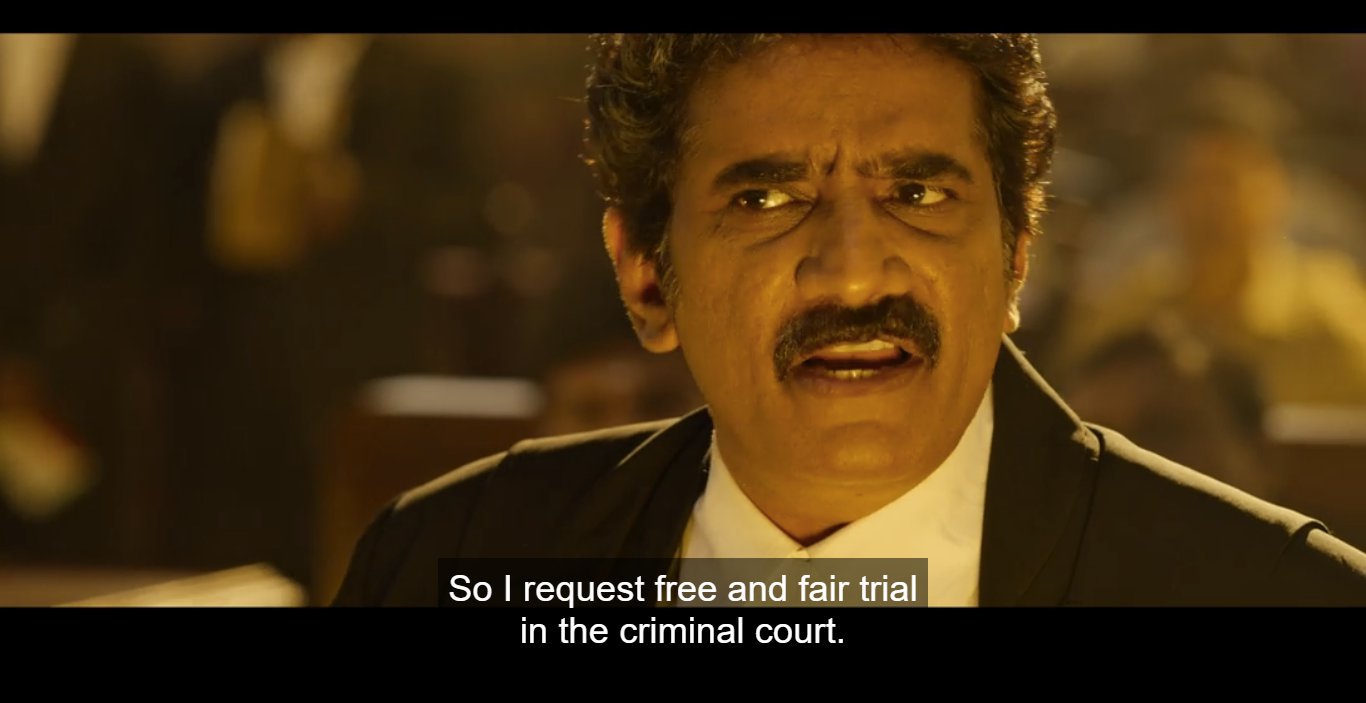
He reminds the court, and the audience, of how Rajakannu’s Irular tribe has been kicked out of their own native land, after their skills of archery were no longer deemed valuable – forcing them to work odd jobs.
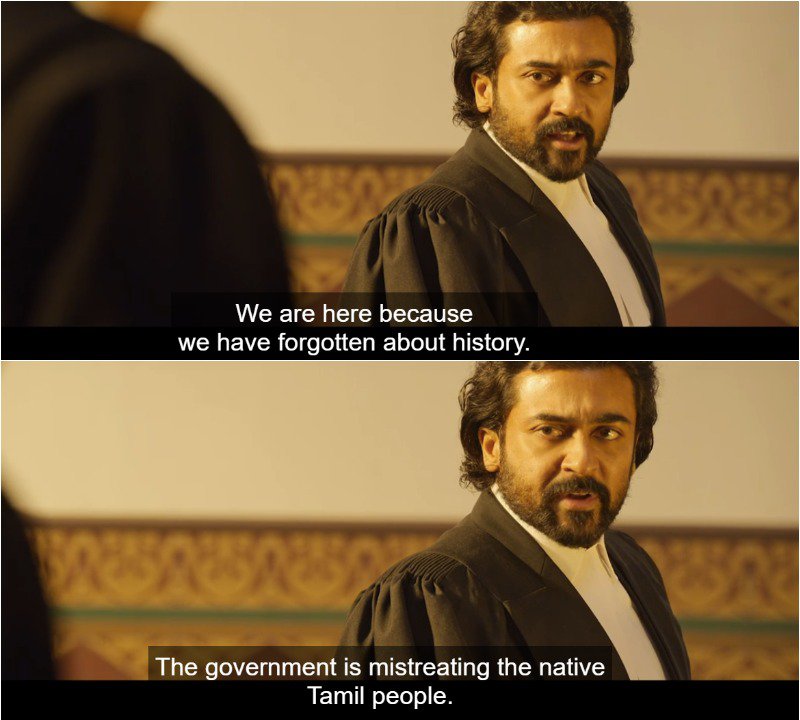
He talks about Senghini’s long fight for justice, and how the state continues to treat native tribes. What is especially commendable about the monologue, apart from Suriya’s fiery delivery, is that it serves as both, a summary of the case and a commentary on the treatment of tribals in India.
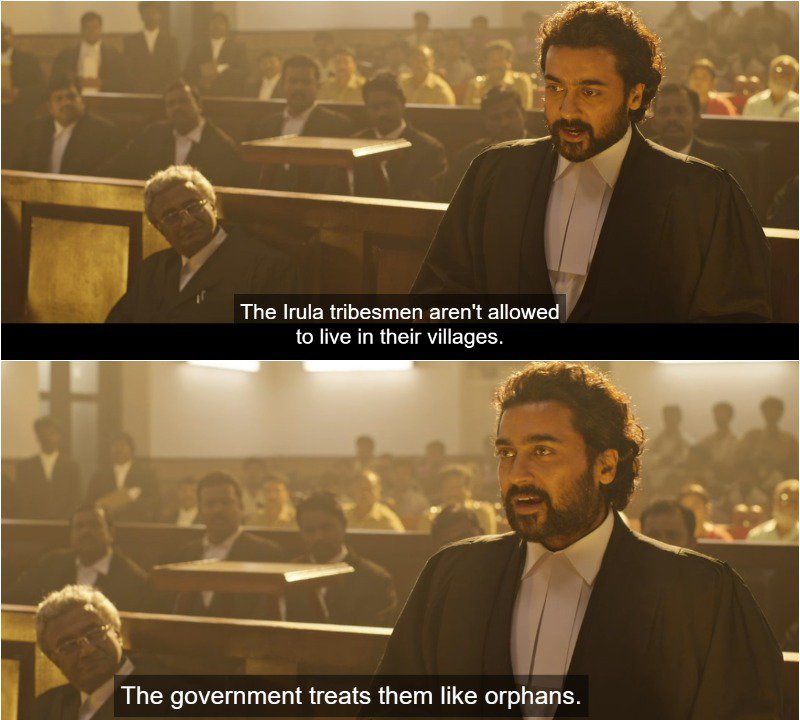
At the same time, unlike most Bollywood scenes, the monologue is not just about proving a point or giving motivational statements. There are also clear demands made about what Chandru, as Senghini’s lawyer, demands in way of compensation for his client.
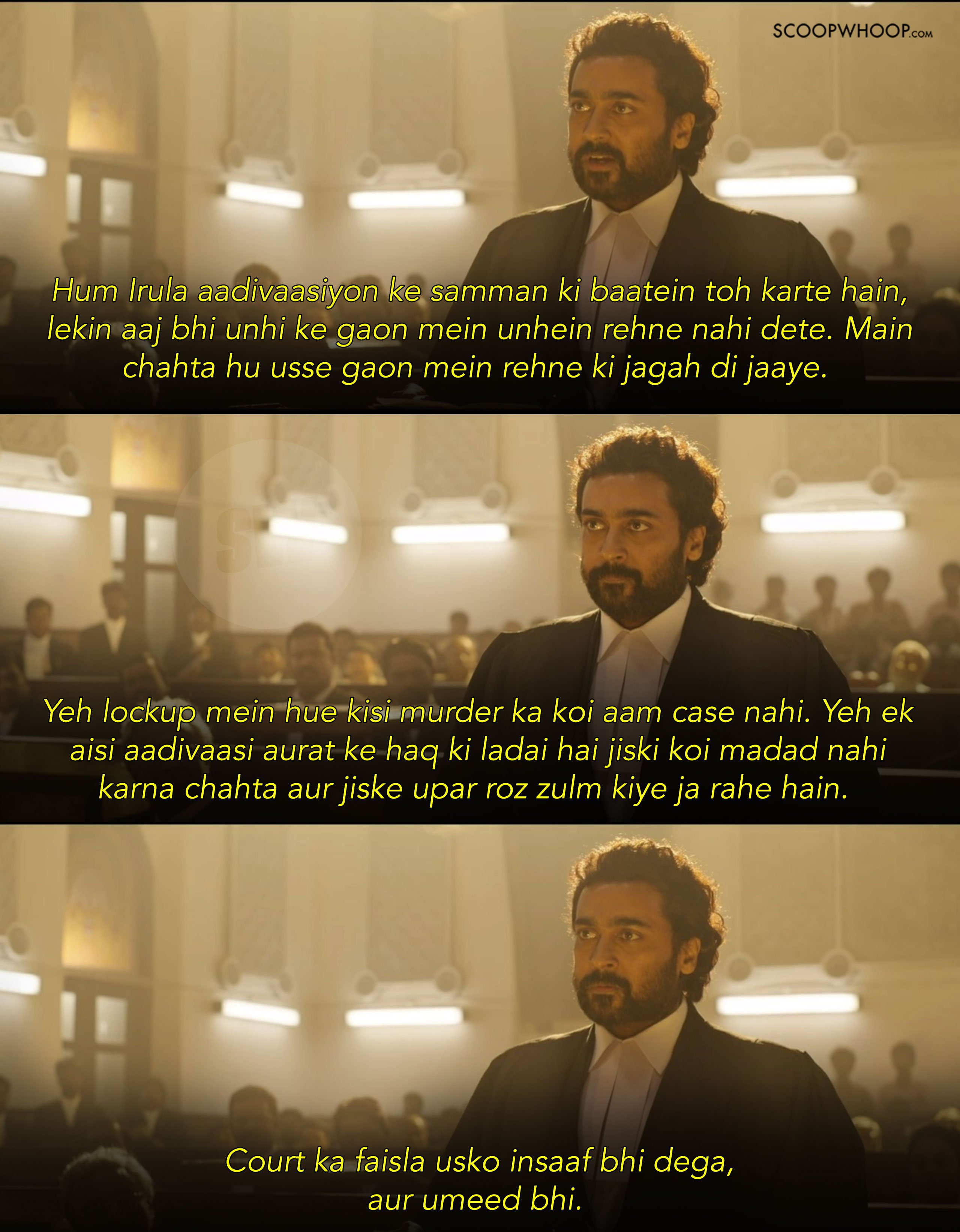
Rousing, impactful, and one for the cinematic history pages, the monologue is the perfect reminder of what this nation owes to its citizens – the right to live as a free human. In fact, the court’s judgement, as pronounced in the film, sums up this sentiment perfectly.
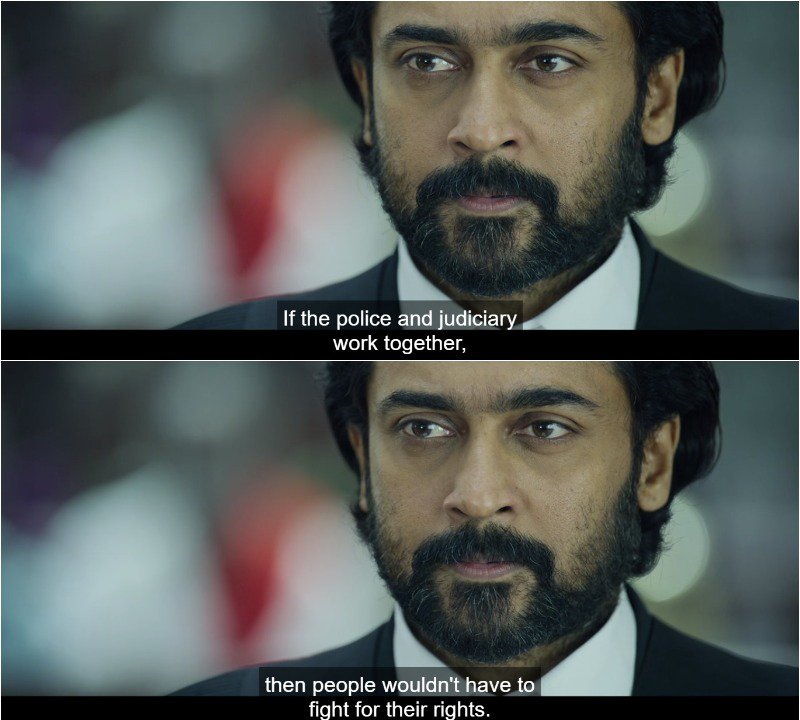
Jai Bhim is one of those movies that force you to acknowledge your own privilege and no longer turn a blind eye to the injustice that takes place around you. Hopefully, its impacts lasts long enough to make a difference, for real.
All images are screenshots from Amazon Prime Video.






